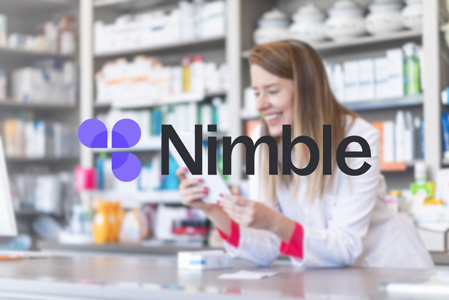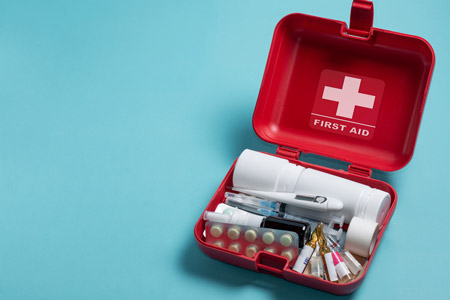


How Pharmacies Can Build Trust By Practicing Patient-Centered Care
Independent pharmacies face intense competition from large chains and online retailers. However, independent pharmacies hold a unique advantage: the ability to foster trust and loyalty through patient-centered care.
By focusing on the individual needs of each patient, pharmacies can not only enhance patient outcomes but also build enduring relationships that translate into long-term practice success.
Let’s explore how you can build trust across your patient base through patient-centered care.
Understanding Patient-Centered Care
Patient-centered care places the patient at the forefront of every healthcare decision. This approach involves understanding patients’ preferences, needs, and values, ensuring that they are integral partners in their own care.
The Centers for Medicare & Medicaid Services defines patient-centered care as “integrated health care services delivered in a setting and manner that is responsive to individuals and their goals, values, and preferences, in a system that supports good provider-patient communication and empowers individuals receiving care and providers to make effective care plans together.”
Patient-centered care presents a fantastic opportunity for pharmacists to get more involved in patients’ treatment plans and give hands-on care. This is because patients’ plans may become much more detailed and rely on strict adherence or even feedback on their medication plans — all of which pharmacists can help facilitate.
Building Trust Through Personalized Interactions and Services
One of the primary ways pharmacies can practice patient-centered care is through personal interaction. Unlike large chains, independent pharmacies often serve as a familiar, consistent presence in the community.
Pharmacists who take the time to listen to patients, answer questions, and provide detailed medication counseling demonstrate genuine care and concern. This personal touch not only enhances patient satisfaction but also fosters a sense of trust and loyalty.
Pharmacies can also build trust by offering tailored services that meet the unique needs of their patient base. This could include medication synchronization programs, where pharmacists coordinate refills so patients can pick up all their medications on a single day each month. Additionally, providing specialized services such as compounding, home delivery, and chronic disease management programs can address specific patient needs and improve health outcomes.
Community Education, Empowerment, and Engagement
Empowering patients with knowledge is another cornerstone of patient-centered care. Independent pharmacies can offer educational resources and workshops on topics like managing chronic conditions, understanding medication regimens, and promoting healthy lifestyles. By becoming a trusted source of information, pharmacies help patients feel more confident and in control of their health.
Independently owned pharmacies can build trust by actively engaging with their local communities in a way not possible for large chains. Sponsoring health fairs, participating in community events, and partnering with local organizations demonstrate a commitment to the well-being of the community. These efforts not only raise the pharmacy’s profile but also solidify its role as a trusted healthcare provider.
By focusing on personal interaction, tailored services, and community education and engagement, independent pharmacies can build lasting trust and loyalty, ultimately securing their place in the hearts of their patients. If you’d like to learn how Nimble can give you more time back in your day to invest in patient-centered care activities, speak with one of our experts, today.



















.jpg)





















.jpg)

















.jpg)


























.jpg)
.jpg)
.jpg)













